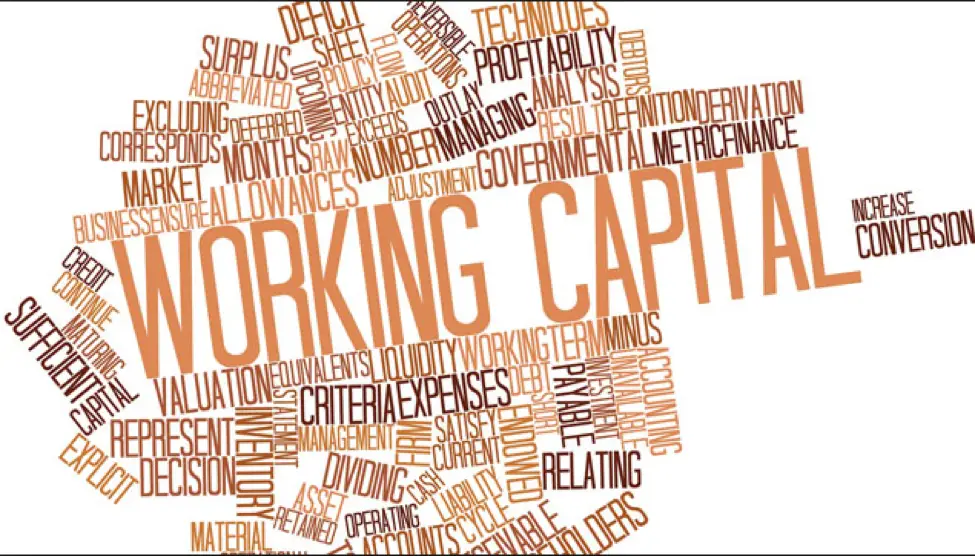 When people talk about business finances, they usually focus on startup capital, profits, and losses. Profits and losses are important because money is the lifeblood of business — and you have no business being in business if you are running at loss. However, profits and losses are only a small fraction of business finances. Successful businesses tend to place serious emphasis on working capital. Working capital refers to money that a business uses for its day-to-day operations.
When people talk about business finances, they usually focus on startup capital, profits, and losses. Profits and losses are important because money is the lifeblood of business — and you have no business being in business if you are running at loss. However, profits and losses are only a small fraction of business finances. Successful businesses tend to place serious emphasis on working capital. Working capital refers to money that a business uses for its day-to-day operations.
Interestingly, many people struggle in their businesses because they can’t easily access credit facilities that could serve as working capital. Getting a loan for your business is nearly impossible without good credit, but all businesses are fundable regardless of credit scores. In fact, some lenders go out of their ways to offer business loans for bad credit for qualifying businesses.
That said, here are four reasons your business needs to have a decent amount of working capital:
Purchasing new stock
If your business is into production or sales of tangible products, you’ll always need a decent amount of stock. You might need to hold an inventory of raw materials from your suppliers or a supply of finished products in storage ahead of shelf-time. If you lack sufficient stock, your customers end up wasting time and energy to come to your store; hence, they might not be inclined to patronize you in the future. Each lost customer is lost revenue, but the bigger loss is the repeat business and positive word of mouth marketing.
Upgrading equipment
Business equipment naturally suffers wear and tear over time in fact, equipment that’s not subject to heavy usage also degrades over time. In some cases, a business may need to upgrade its equipment or take advantage of the latest technologies to automate operations. Upgrading your equipment increases production volumes and makes it easier to increase the quality of your products. However, a lack of adequate working capital can hamstring your business with ancient equipment that is less productive.
Getting assistance with cashflow
Sometimes, businesses will suffer a cash crunch due to events beyond your control. For example, maybe there’s a problem with the bank and your account receivables are not just being processed. Perhaps your clients had a fire in their accounting department that results in payment delays. Whatever the scenario, you’ll run into financial troubles when there’s a large spacing between the outflow and inflow of business funds. However, access to short-term loans for working capital can often tide you over until the worst passes.
Making upfront payments
To succeed in the business world, you need to be an astute negotiator. Good negotiators know that the art of negotiations require you to make some tradeoffs in order to obtain your desires. Hence, when you’re negotiating for better terms with your trading partners, suppliers, and contractors, they may be more willing to bend over backwards for you if you have the cash to make upfront payments.
Of course, you won’t be able to make upfront payments if you don’t have a decent flow of working capital.
Photo Credit: stock photo

Question of the Week